Remember when teen shows were supposed to be light and fluffy? Back in the ’80s, our favorite after-school dramas had a sneaky way of hitting us with episodes that went way deeper than we expected. One minute we’re watching typical high school hijinks, and the next we’re confronting heavy topics that left us staring at the screen long after the credits rolled.
1. Family Ties

Michael J. Fox’s Alex P. Keaton wasn’t just about Republican politics and economics textbooks—the show tackled some surprisingly weighty subjects that caught viewers off guard. When the series explored themes of depression, addiction, and family dysfunction, it transformed from a simple sitcom into something that resonated with real teenage struggles. The contrast between Alex’s confident exterior and the deeper emotional currents running through the Keaton household created moments that felt unexpectedly raw.
The show’s ability to balance humor with genuine pathos made these darker episodes particularly effective. Viewers who tuned in expecting laughs found themselves confronting uncomfortable truths about growing up and family relationships. These episodes lingered because they acknowledged that even in loving families, there were shadows and complications that couldn’t be solved with a punchline.
2. The Facts of Life
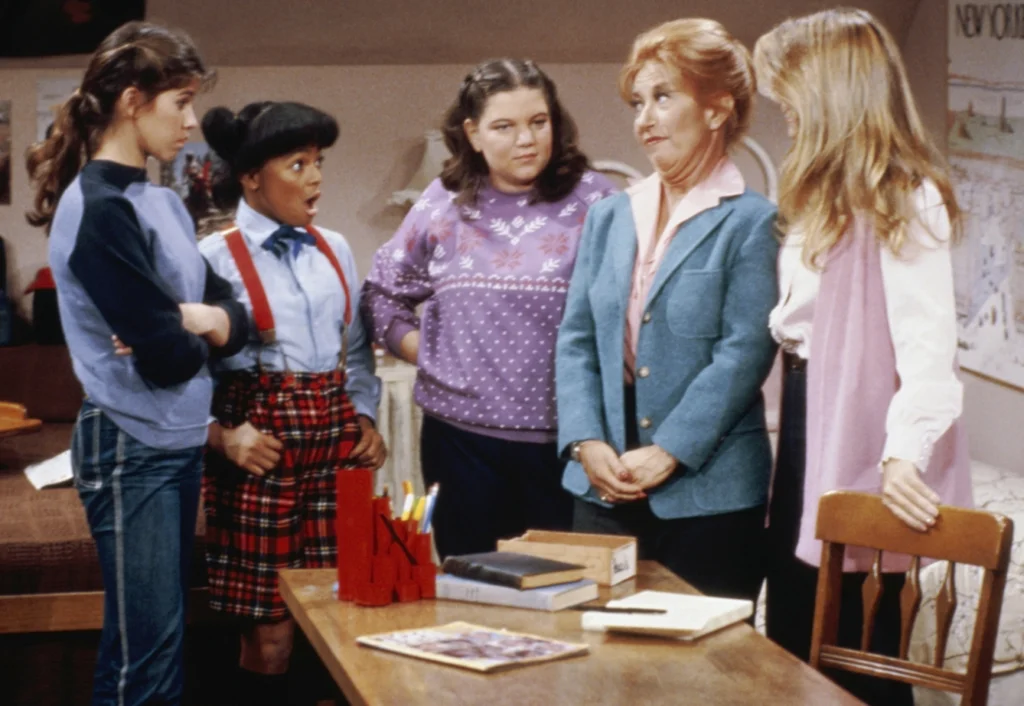
Behind the boarding school setting and Mrs. Garrett’s warm wisdom lurked episodes that weren’t afraid to tackle the harsh realities facing young women in the ’80s. The show ventured into territory involving eating disorders, peer pressure, and the darker aspects of adolescent life that other programs avoided. When Blair, Tootie, Natalie, and Jo faced these challenges, the usual lighthearted banter gave way to moments of genuine vulnerability.
What made these episodes particularly impactful was how they maintained the show’s core warmth while acknowledging that growing up involved real pain. The writers didn’t shy away from showing how teenage problems could have lasting consequences, creating storylines that felt authentic rather than preachy. These darker turns helped establish the show as more than just entertainment—it became a trusted source of guidance for young viewers navigating similar challenges.
3. Growing Pains
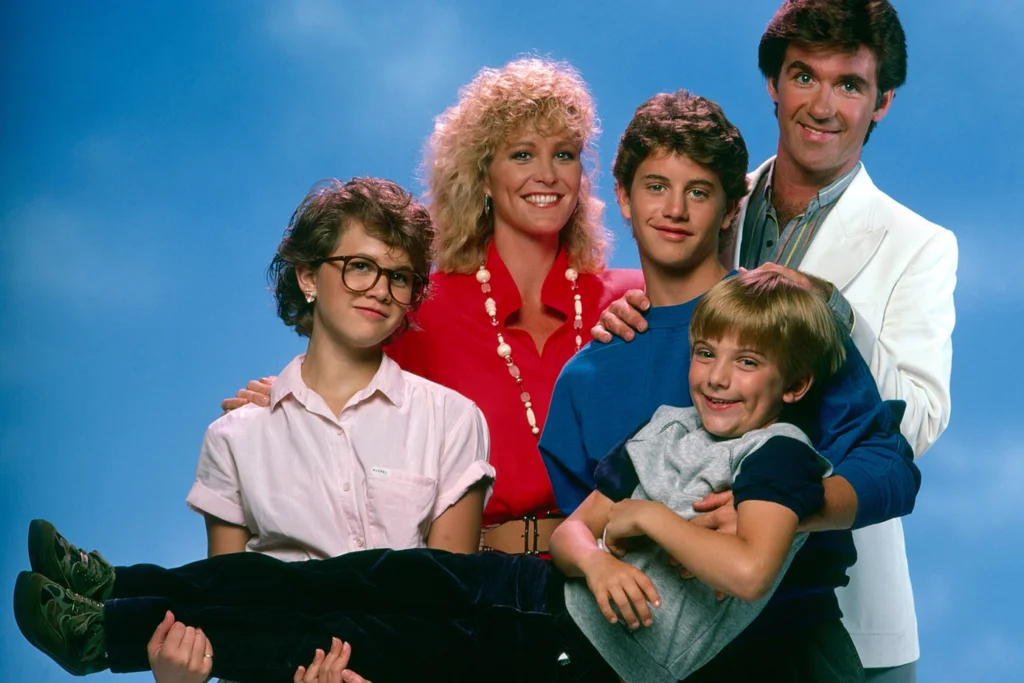
The Seaver family seemed picture-perfect on the surface, but the show occasionally pulled back the curtain to reveal the genuine struggles beneath the suburban facade. Episodes dealing with peer pressure, identity crises, and the weight of family expectations showed that even in loving homes, teenagers faced serious internal battles. When Mike, Carol, or Ben confronted these deeper issues, the show’s usual comedy took a backseat to more profound character development.
These moments resonated because they acknowledged that family sitcom perfection was often just a veneer over real human complexity. The show’s willingness to let its characters struggle with genuinely difficult emotions created a sense of authenticity that viewers carried with them. Parents and teens alike found themselves having conversations sparked by episodes that dared to show that growing up was messier than most TV wanted to admit.
4. Square Pegs
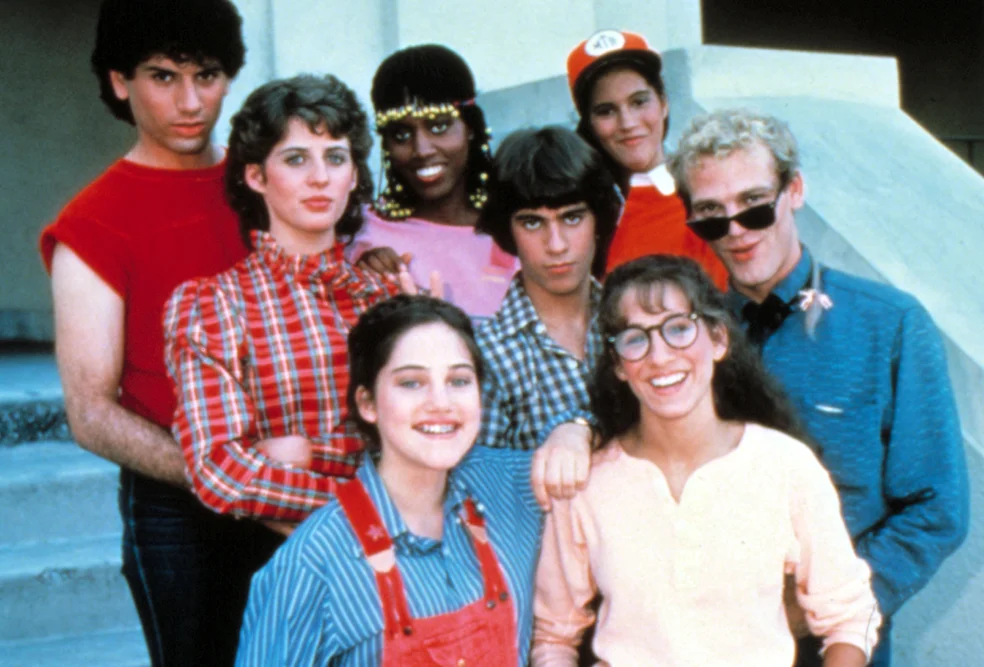
This short-lived series about teenage outcasts didn’t shy away from the brutal realities of high school social hierarchies and the psychological toll of not fitting in. The show explored themes of rejection, bullying, and the desperate lengths teenagers would go to for acceptance, often with surprisingly dark undertones. Patty and Lauren’s attempts to navigate the treacherous waters of teenage social life revealed how cruel and isolating the high school experience could be.
What set Square Pegs apart was its unflinching look at how peer rejection could shape a person’s entire sense of self-worth. The show captured the particular kind of adolescent despair that comes from feeling fundamentally different from everyone around you. These episodes stuck with viewers because they validated experiences that many had lived through but rarely saw reflected on television with such honest complexity.
5. Fame
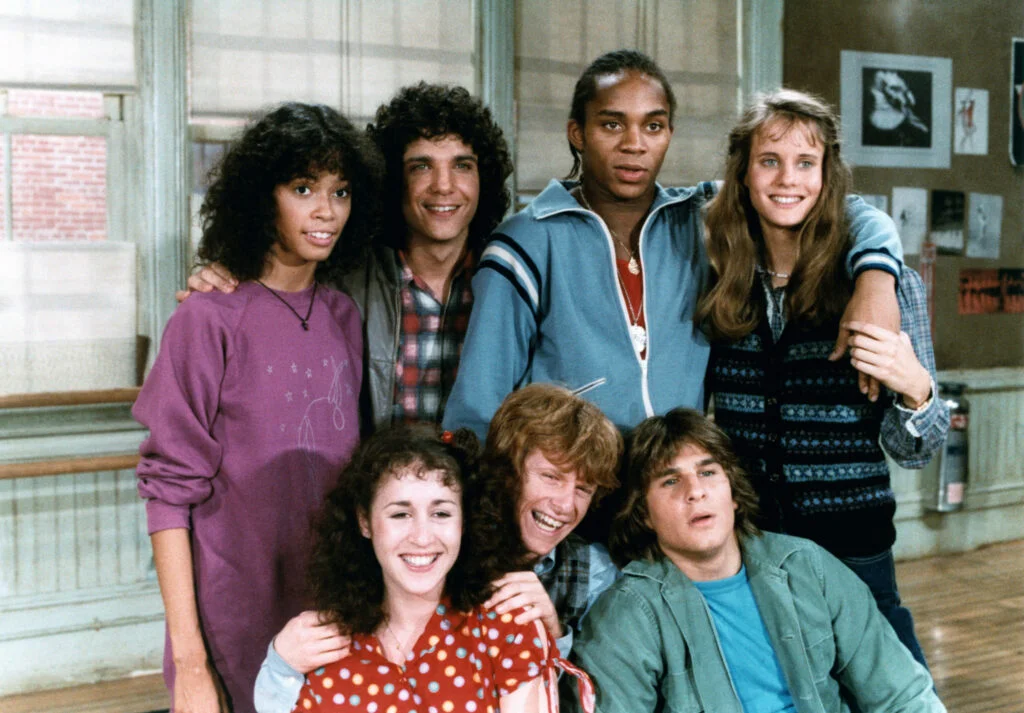
Set in a performing arts high school, Fame regularly ventured into darker territory as it explored the pressure and sacrifice required to pursue artistic dreams. Episodes dealing with exploitation, crushing disappointment, and the personal cost of ambition showed that the path to stardom was often paved with genuine heartbreak. The show’s young performers faced adult-level challenges that forced them to grow up faster than their peers.
The series was particularly effective at showing how the entertainment industry could chew up and spit out young dreamers, creating storylines that felt prophetic given what we now know about child performers. Students dealt with eating disorders, family dysfunction, and the psychological pressure of constant competition in ways that revealed the dark underbelly of artistic pursuit. These episodes resonated because they showed that following your dreams could exact a real emotional toll.
6. Degrassi Junior High
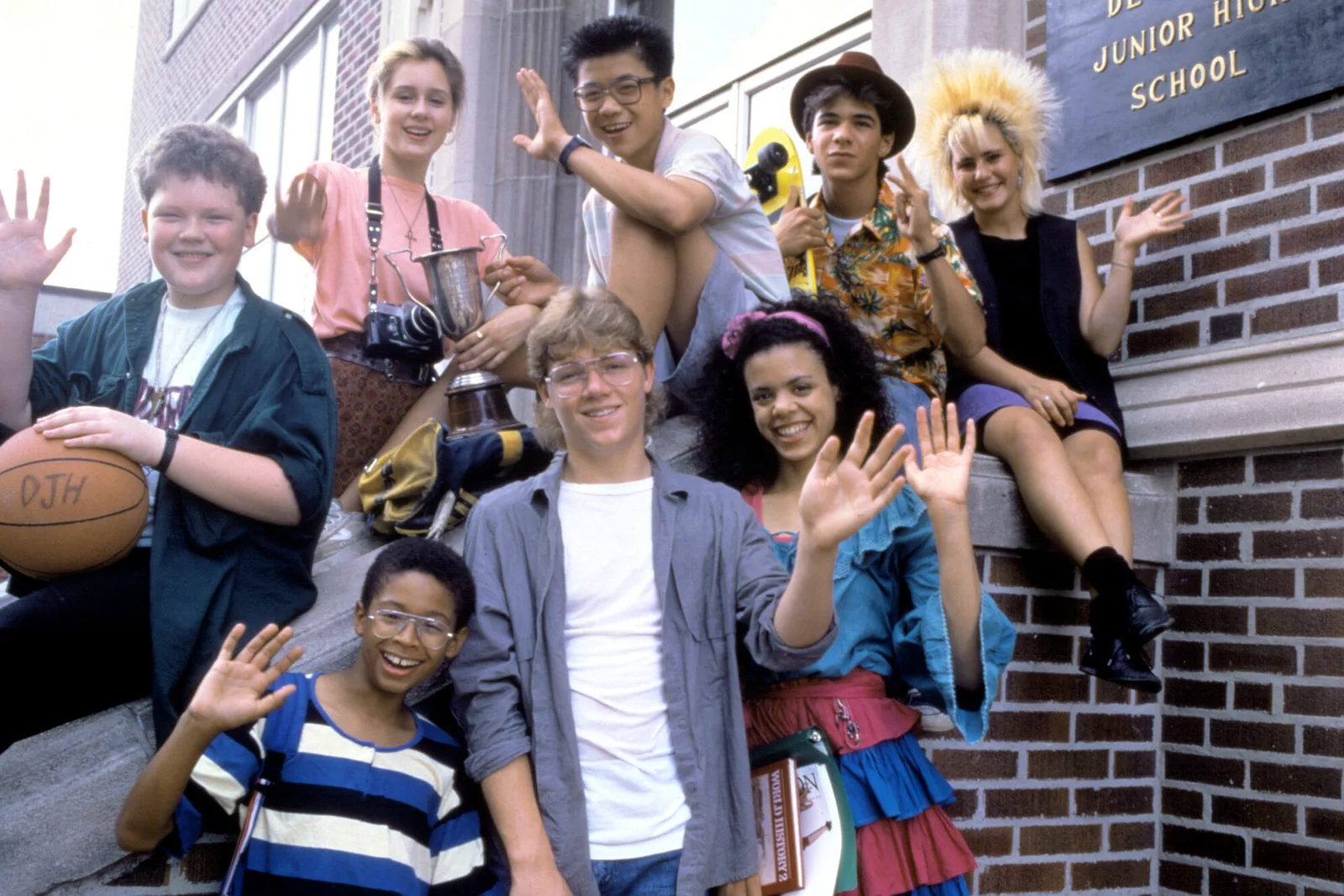
This Canadian import was legendary for its willingness to tackle subjects that American teen shows wouldn’t touch with a ten-foot pole. The series dealt with teenage pregnancy, substance abuse, domestic violence, and other issues with a documentary-like realism that was both refreshing and deeply unsettling. When Degrassi characters faced these challenges, there were no easy solutions or neat resolutions—just the messy reality of teenage life.
The show’s impact came from its commitment to showing consequences that extended beyond a single episode or season. Characters lived with the results of their choices in ways that felt genuine and sometimes heartbreaking. This approach created a viewing experience that was simultaneously educational and emotionally challenging, leaving audiences with a deeper understanding of how difficult decisions could shape entire lives.
7. Head of the Class
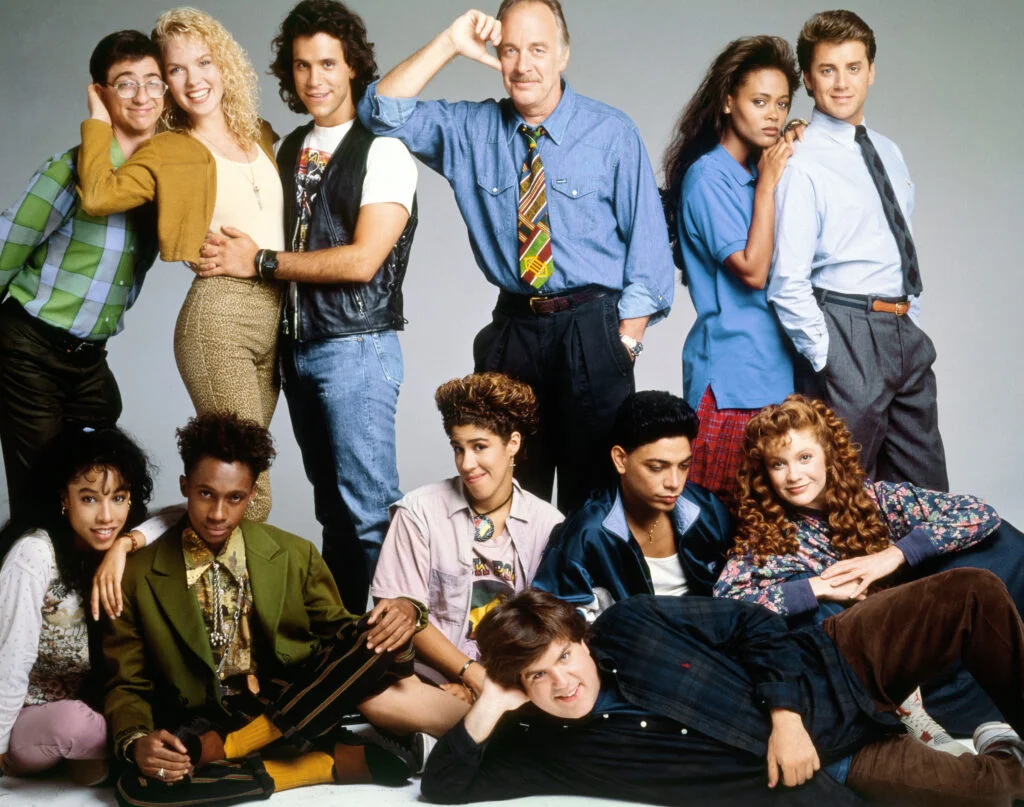
What appeared to be a simple comedy about gifted students regularly surprised viewers with episodes that explored the psychological pressure of being academically exceptional. The show examined themes of perfectionism, social isolation, and the emotional cost of always being expected to have the answers. These bright teenagers often struggled with depression, anxiety, and the fear of not living up to impossibly high standards.
The series was particularly effective at showing how intellectual giftedness could be as much a burden as a blessing, creating social dynamics that left students feeling disconnected from their peers. Episodes that explored these themes resonated with viewers who understood the loneliness that could come with being different, even when that difference was supposedly advantageous. The show’s willingness to acknowledge that being smart didn’t automatically make life easier created storylines that felt surprisingly mature.
8. 21 Jump Street
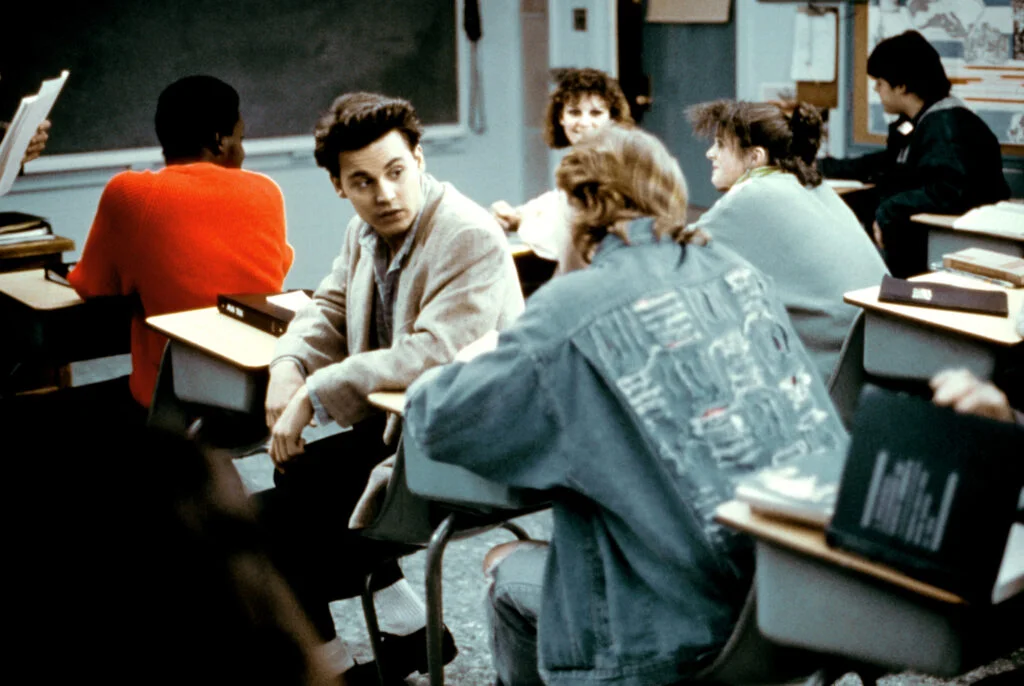
While technically a police procedural, the show’s high school undercover premise meant it regularly confronted the darker aspects of teenage life from a law enforcement perspective. Episodes dealing with gang violence, drug trafficking, and other criminal activities affecting young people created a grittier take on the teen drama format. The contrast between the officers’ adult perspectives and the authentic teenage problems they encountered created uniquely complex storylines.
The series was particularly effective at showing how societal problems filtered down to affect individual students in devastating ways. When the undercover officers witnessed genuine teenage trauma and dysfunction, the show’s procedural elements took on deeper emotional weight. These episodes stuck with viewers because they suggested that the problems facing teenagers were often symptoms of larger systemic issues that couldn’t be solved by individual good intentions.
9. Saved by the Bell

Before it became the Saturday morning staple we remember, the show occasionally ventured into surprisingly serious territory that caught viewers off guard. Episodes dealing with addiction, family problems, and the pressure to succeed showed that even Bayside High’s seemingly carefree students faced real challenges. When Zack, Kelly, Slater, Screech, Lisa, and Jessie confronted these issues, the show’s usual lighthearted tone shifted dramatically.
The most memorable of these episodes became cultural touchstones precisely because they contrasted so sharply with the show’s typical content. The writers’ willingness to occasionally acknowledge that teenagers faced genuine problems created moments of unexpected depth that viewers never forgot. These episodes demonstrated that even the most escapist entertainment could surprise audiences with genuine emotional truth.
10. My Two Dads
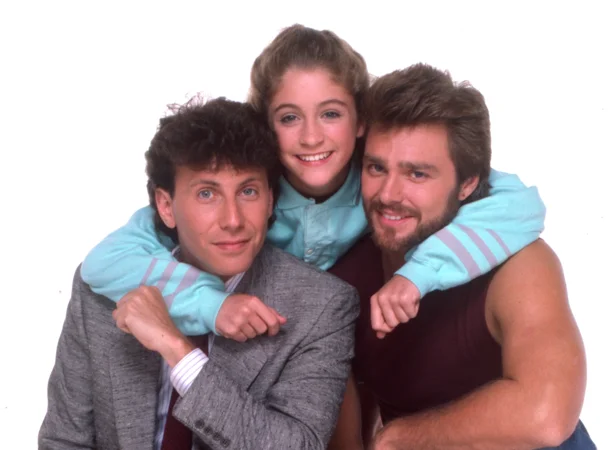
This unconventional family setup provided a unique lens for exploring how non-traditional households navigated typical teenage challenges with added complexity. Episodes that dealt with identity questions, social judgment, and the search for belonging took on extra weight given Nicole’s unusual family situation. The show used its premise to examine how societal expectations could create additional pressure for families that didn’t fit conventional molds.
The series was particularly thoughtful in showing how Nicole’s situation affected her relationships with peers and her own sense of identity. When the show explored themes of acceptance and belonging, it created storylines that resonated with anyone who had ever felt different from their classmates. These episodes stuck with viewers because they acknowledged that family love came in many forms, but that didn’t make the challenges of growing up any less real.
11. Parker Lewis Can’t Lose
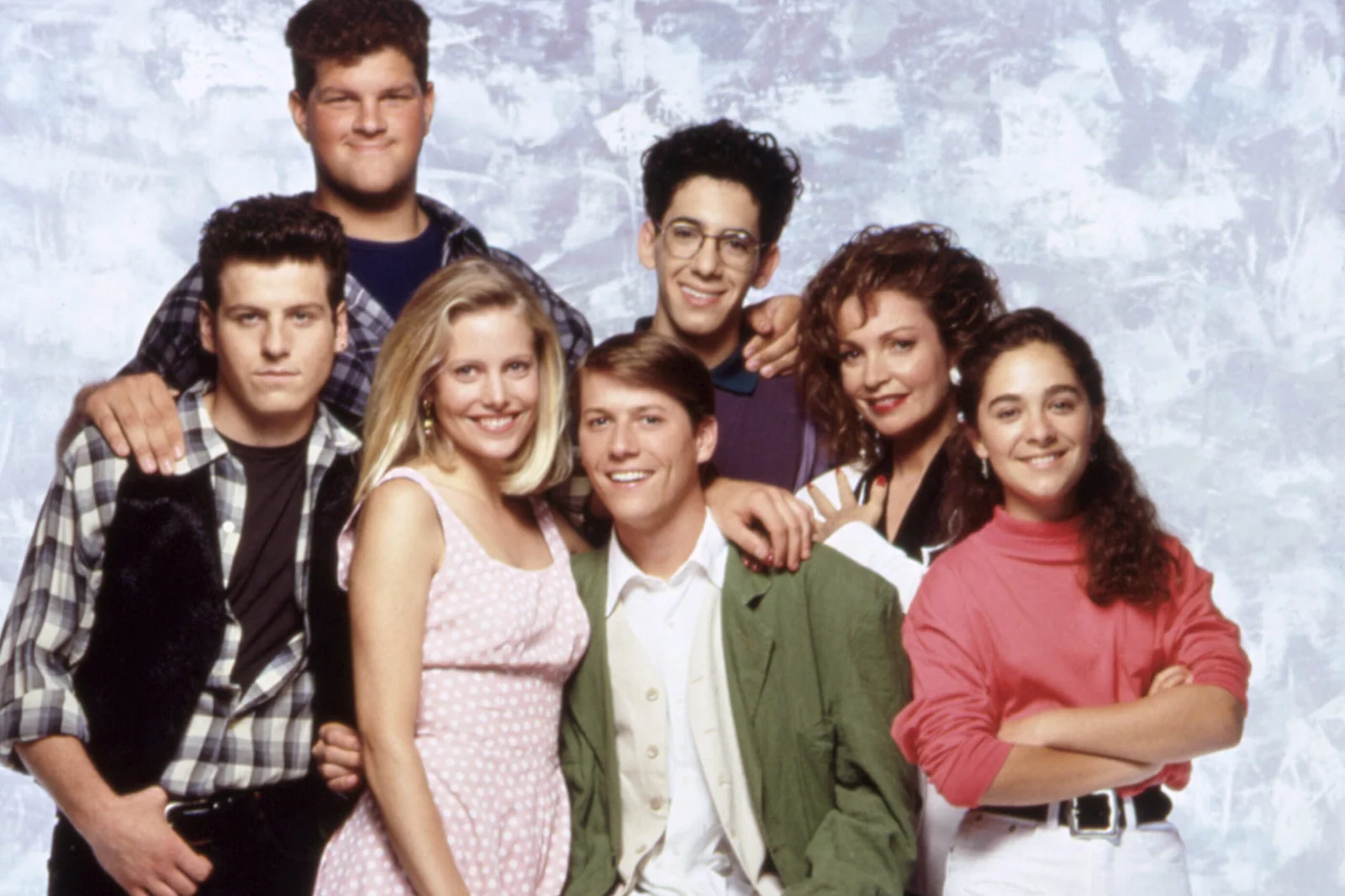
Beneath its quirky, almost surreal comedy style, the show occasionally delivered episodes that explored the genuine anxiety and pressure facing high school students. The series used its heightened reality to examine themes of academic stress, social expectations, and the fear of failure in ways that felt both entertaining and emotionally authentic. Parker’s confident exterior sometimes cracked to reveal the vulnerability that most teenagers worked hard to hide.
The show’s unique visual style and narrative approach allowed it to tackle serious subjects while maintaining its distinctive comedic voice. Episodes that explored these deeper themes resonated because they suggested that even the most seemingly confident teenagers struggled with self-doubt and pressure. The series demonstrated that comedy could be an effective vehicle for examining the more complex aspects of the teenage experience.
12. A Different World
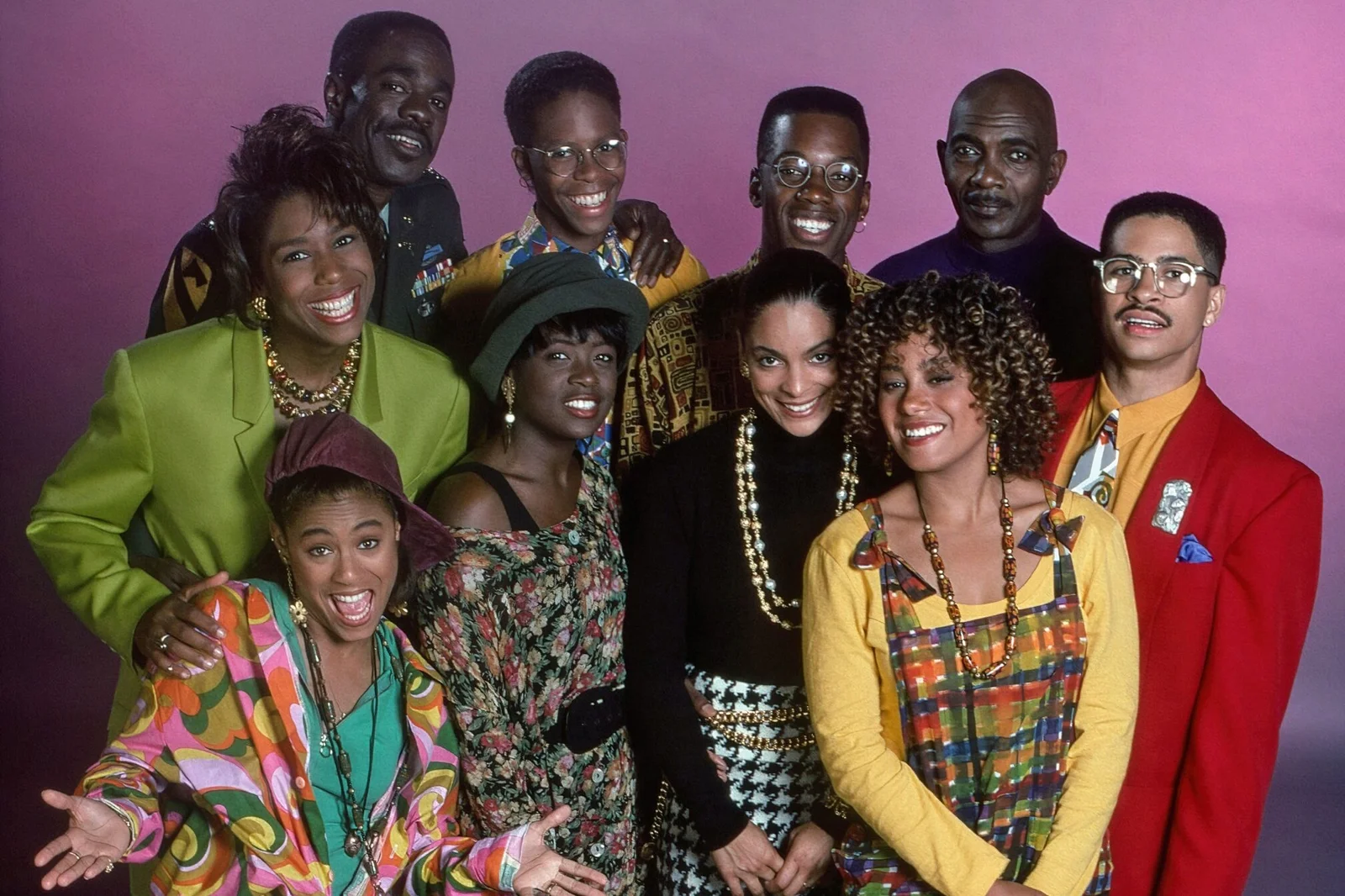
This Cosby Show spinoff set in college regularly addressed issues of racial identity, social justice, and personal growth with a sophistication that surprised many viewers. Episodes dealing with discrimination, activism, and the challenges of finding one’s place in the world created storylines that were both educational and emotionally powerful. The show’s college setting allowed for more mature explorations of themes that high school shows often couldn’t tackle.
The series was particularly effective at showing how higher education could be a place of both opportunity and struggle, especially for students from underrepresented backgrounds. When characters faced these challenges, the show’s comedic elements took on deeper meaning as coping mechanisms for dealing with serious issues. These episodes resonated because they acknowledged that personal growth often required confronting uncomfortable truths about society and oneself.
13. Charles in Charge
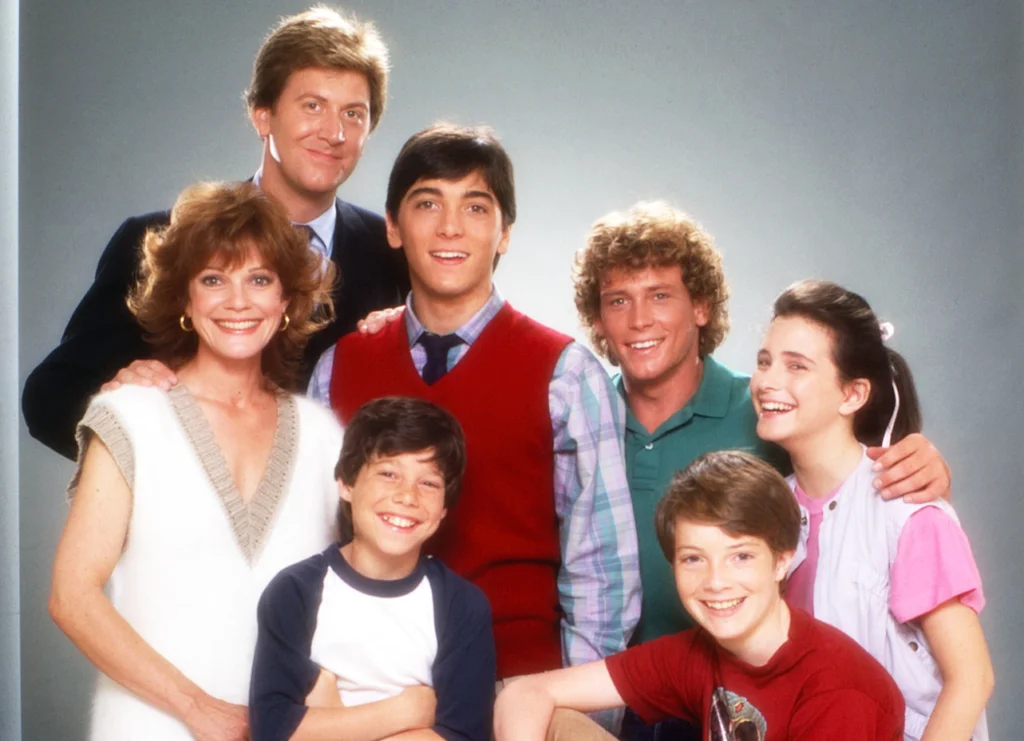
Behind the seemingly simple premise of a college student caring for suburban kids lurked episodes that explored family dysfunction, responsibility, and the challenge of growing up too fast. The show occasionally ventured into territory that acknowledged how family problems could affect children in lasting ways, creating storylines that felt surprisingly mature. When Charles had to help the Pembroke and Powell children navigate these challenges, the show’s comedy gave way to genuine emotional depth.
The series was most effective when it explored how adult responsibilities thrust upon young people could create complex emotional situations with no easy answers. Episodes that dealt with these themes stuck with viewers because they acknowledged that childhood wasn’t always protected from adult problems. The show’s willingness to occasionally acknowledge these realities created moments of unexpected poignancy that elevated it beyond simple family entertainment.
These shows understood something important about their teenage audiences—they were capable of handling complex emotions and serious subjects, even within the framework of entertainment television. The episodes that went dark didn’t just shock us; they validated our own complicated feelings about growing up in a world that was messier and more challenging than most adults wanted to admit. That’s why, decades later, we still remember these moments more vividly than countless hours of lighter fare.
This story 13 Times an ’80s Teen Drama Episode Got Weirdly Dark—and Stuck With Us was first published on Takes Me Back.


